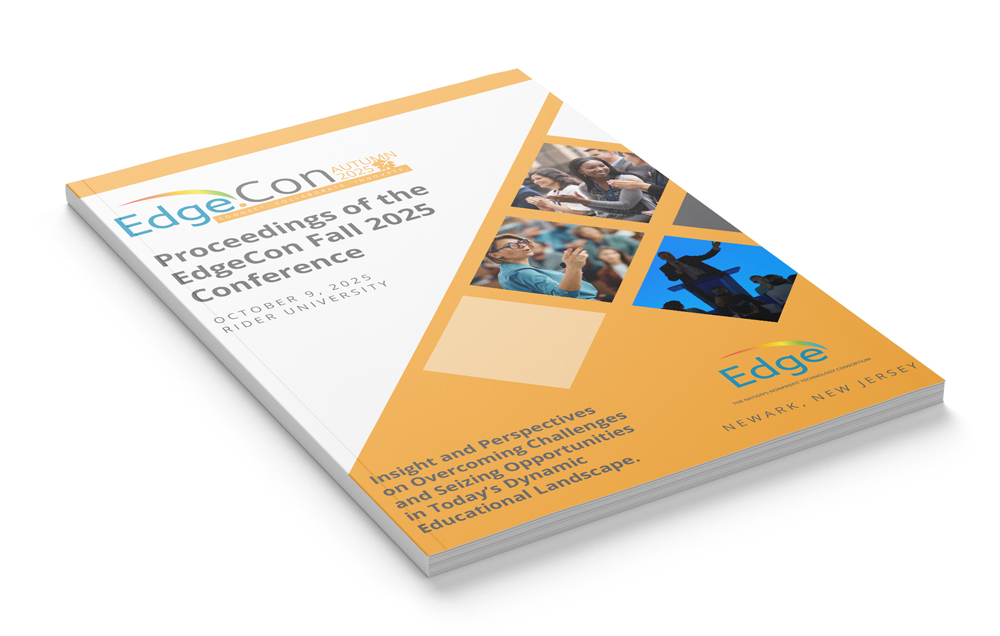Call for Papers and Participation
One of the hallmarks of EdgeCon throughout its development is the involvement of higher education professionals from diverse institutions, including participants from community colleges, research universities, private institutions, industry partners, and flagship universities. EdgeCon attracts attendees from various disciplines including information technology, academic leadership, instructional design, and digital transformation specialists. All who are interested in gathering to discuss digital transformation, educational technology innovation, and the future of higher education are welcome and encouraged to attend.
Conference sessions may include “traditional” research presentations on aspects of digital transformation, explorations of new approaches to teaching with technology, proposals for interactive workshops, panel discussions on emerging trends, case studies of successful implementations, or early-stage research initiatives that are still “in progress.”
The EdgeCon proceedings include all accepted presentations and abstracts from events throughout the year, including the Winter, Spring, and Autumn editions. Each edition focuses on specific themes, such as examining technology’s impact across the student lifecycle, exploring excellence in digital teaching and learning, and investigating how AI technologies like ChatGPT can enhance student and faculty success.
Upon acceptance, presenters receive final formatting instructions for inclusion in the proceedings.
Presentations are invited on the following thematic areas related to digital transformation in higher education:


